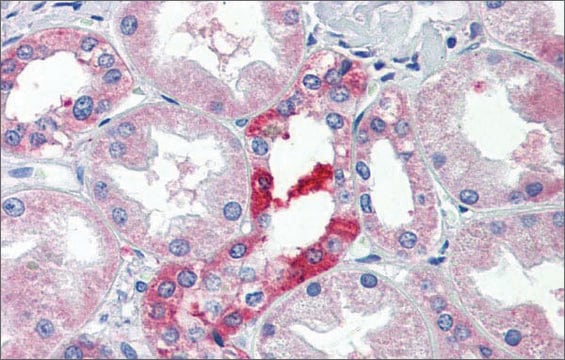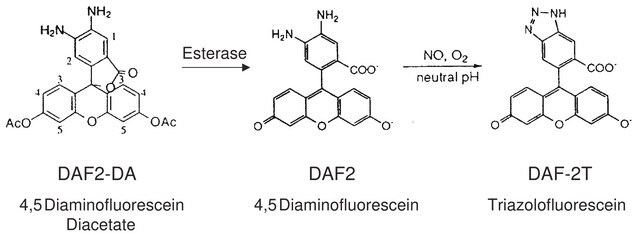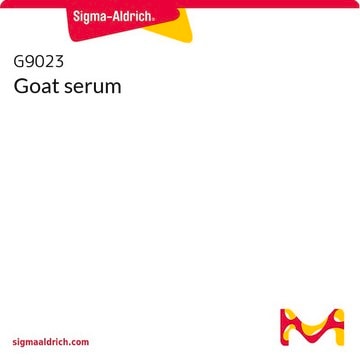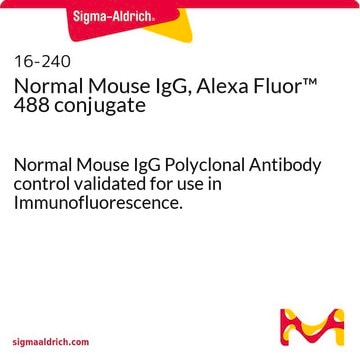ABS1051
Anti-Mitoferrin-1/Mfrn1 Antibody
serum, from rabbit
Sinónimos:
Mitoferrin-1, Mitoferrin-1/Mfrn1, Mitochondrial iron transporter 1, Mitochondrial solute carrier protein, Solute carrier family 25 member 37
About This Item
Productos recomendados
biological source
rabbit
Quality Level
antibody form
serum
antibody product type
primary antibodies
clone
polyclonal
species reactivity
mouse
technique(s)
western blot: suitable
NCBI accession no.
UniProt accession no.
shipped in
dry ice
target post-translational modification
unmodified
Gene Information
mouse ... Slc25A37(67712)
General description
Specificity
Immunogen
Application
Signaling
Developmental Signaling
Western Blotting Analysis: A representative lot detected reduced mitoferrin-1 expression due to heterozygous gene trap insertion in the Mfrn1 gene (Mfrn1+/gt) and loss of mitoferrin-1 expression due to homozygous Mfrn1 gene insertion (Mfrn1gt/gt) in mouse embryonic stem cells (mESCs) undergoing primitive erythropoiesis (Chung, J., et al.(2014). J Biol Chem. 289(11):7835-7843).
Western Blotting Analysis: A representative lot detected upregulated mitoferrin-1 expression following DMSO-induced erythroid maturation in mouse erythroleukemia (MEL) cultures (Shah, D.I., et al. (2012). Nature. 491(7425):608-612).
Quality
Western Blotting Analysis: A 1:5,000 dilution of this antiserum detected mitoferrin-1 in mouse embryonic stem (mES) cell lysates.
Target description
Physical form
Storage and Stability
Handling Recommendations: Upon receipt and prior to removing the cap, centrifuge the vial and gently mix the solution. Aliquot into microcentrifuge tubes and store at -20°C. Avoid repeated freeze/thaw cycles, which may damage IgG and affect product performance.
Other Notes
Disclaimer
¿No encuentra el producto adecuado?
Pruebe nuestro Herramienta de selección de productos.
Storage Class
12 - Non Combustible Liquids
wgk_germany
WGK 1
flash_point_f
Not applicable
flash_point_c
Not applicable
Certificados de análisis (COA)
Busque Certificados de análisis (COA) introduciendo el número de lote del producto. Los números de lote se encuentran en la etiqueta del producto después de las palabras «Lot» o «Batch»
¿Ya tiene este producto?
Encuentre la documentación para los productos que ha comprado recientemente en la Biblioteca de documentos.
Nuestro equipo de científicos tiene experiencia en todas las áreas de investigación: Ciencias de la vida, Ciencia de los materiales, Síntesis química, Cromatografía, Analítica y muchas otras.
Póngase en contacto con el Servicio técnico








